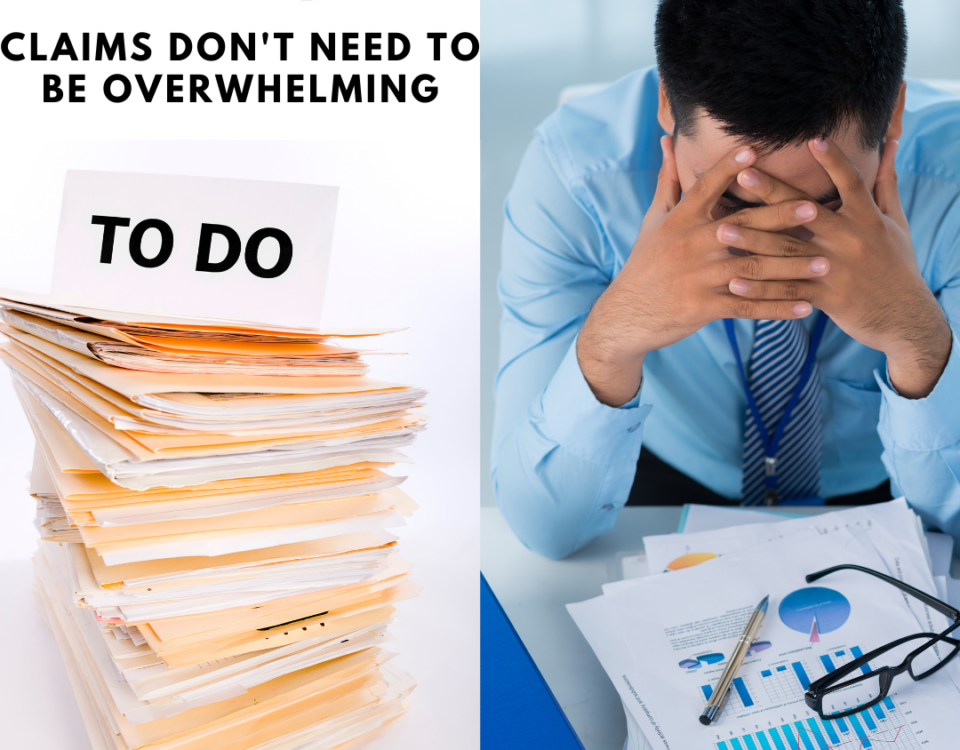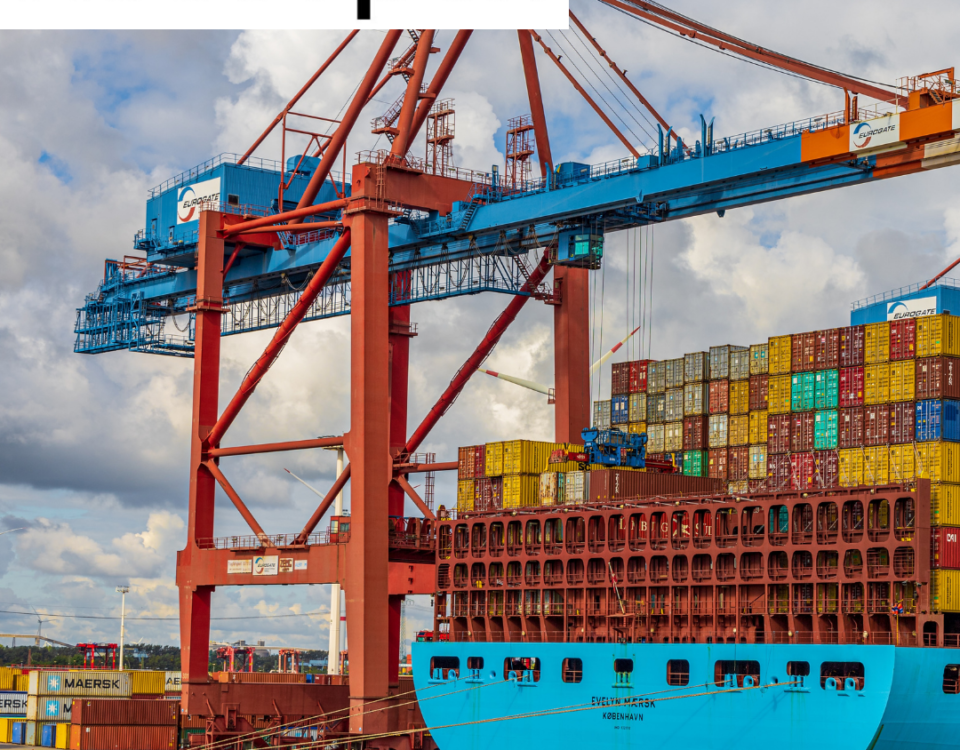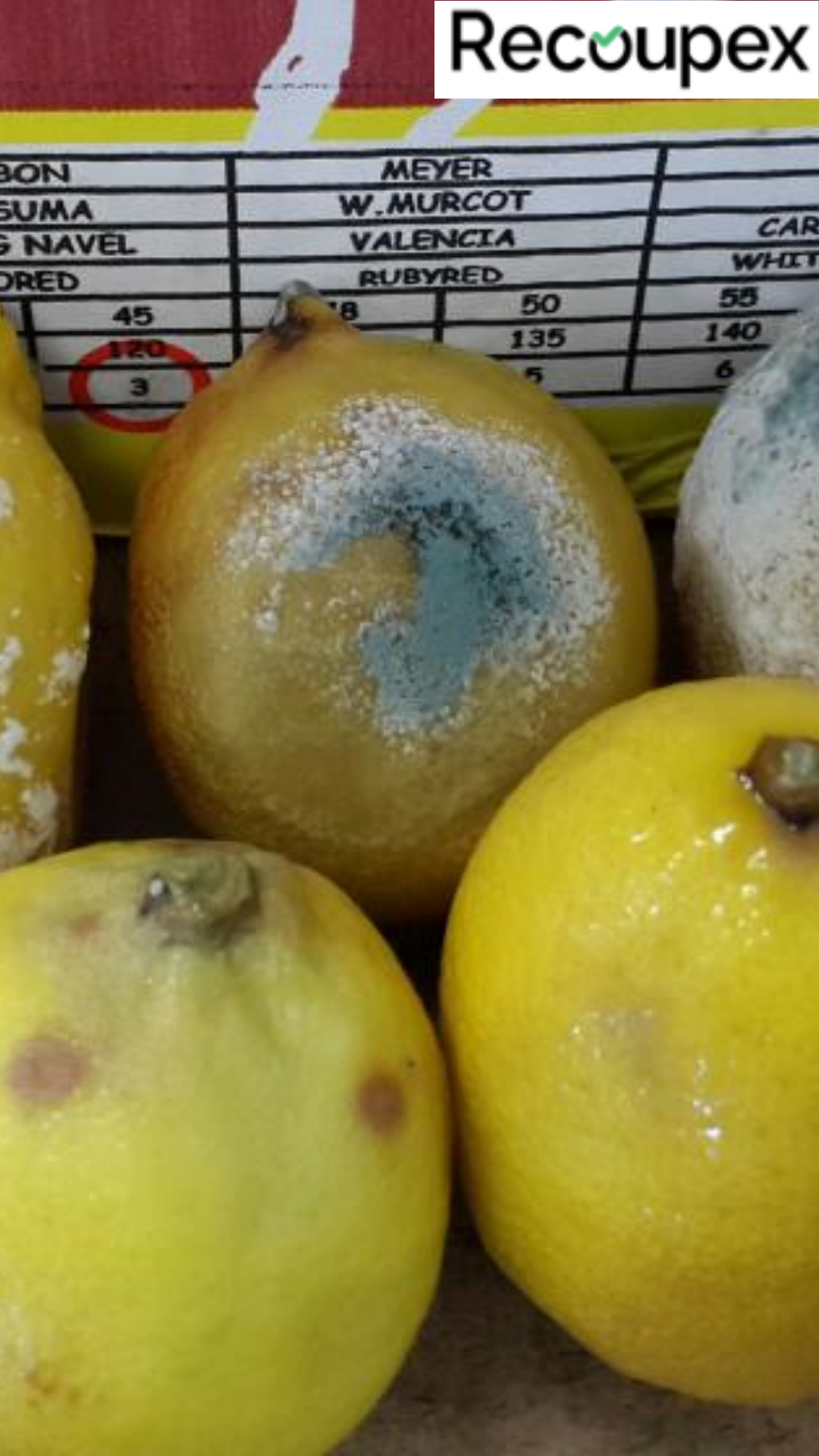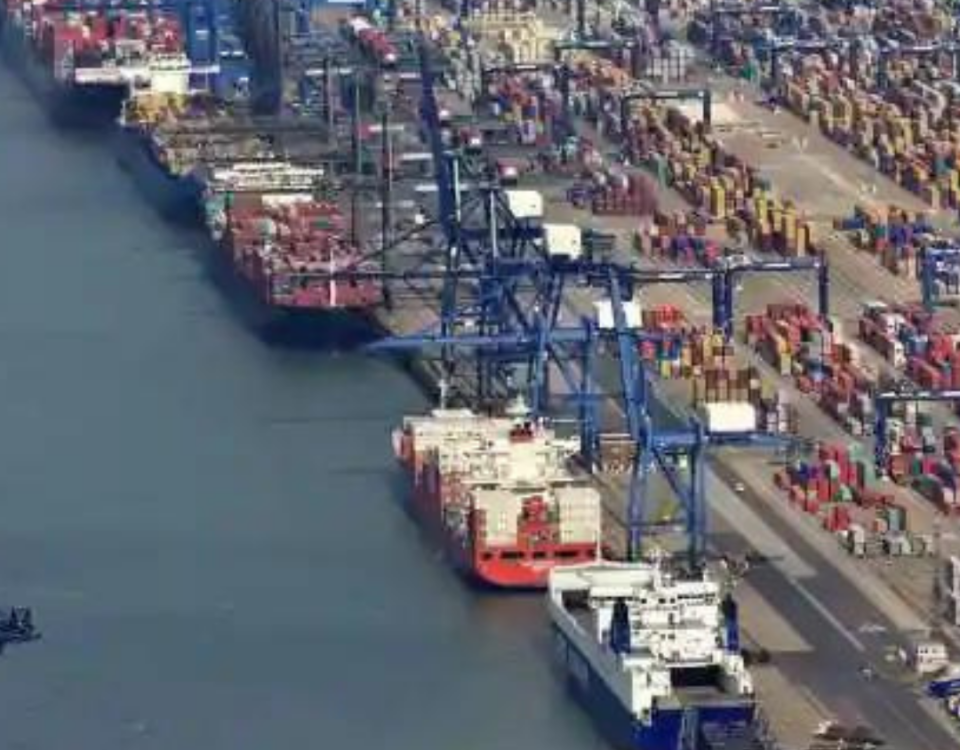Our team of legal experts give you inside info on the legal world of cargo claims – from how to avoid losses and prevent cargo claims to taking pictures that can win a court case.
If you have followed us for some time, you will notice that we talk about the importance of submitting the right documents in the case of a cargo claim, but here we WHY these documents are required. And remember that you need photo evidence and even video evidence helps if possible!
There were talks on ports becoming operational 24/7 to shift the over-flow of containers, but this chain isn’t possible unless every link in this chain is willing to work 24/7. Any broken link could be a single point of catastrophic failure. All this leads to more time for potential damage and it has been the exporters’ and freight forwarders need to claim for damaged or lost cargo against the liable carriers so their business doesn’t suffer.
Claiming cargo losses or damage from shipping lines or transportation companies gets more and more overwhelming every year. So recouping that money is important , so here are some great tips to help you achieve your goal of compensation from the liable carrier!
UK ports are being urged to refuse access to Russian-flagged, -registered, -owned or -controlled ships to help efforts to get Russia to pull its forces out of Ukraine. The government will assist ports in implementing these new laws, however, the commercial information ports receive first-hand about vessels and cargo allegedly makes them best placed to assess each individual case.
What is Loss Mitigation?
The legal definition is as follows: the principle that a party who has suffered loss (from a tort or breach of contract) has to take reasonable action to minimize the amount of the loss suffered. In layman’s terms of a cargo claim, this means that the cargo receiver has a duty and responsibility to the carrier to ensure the claim value is kept to a minimum.





